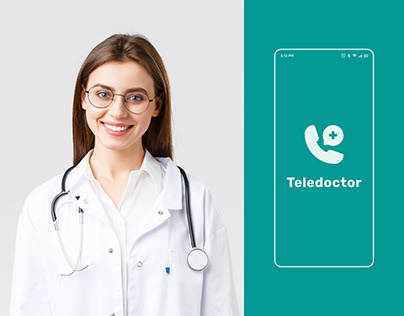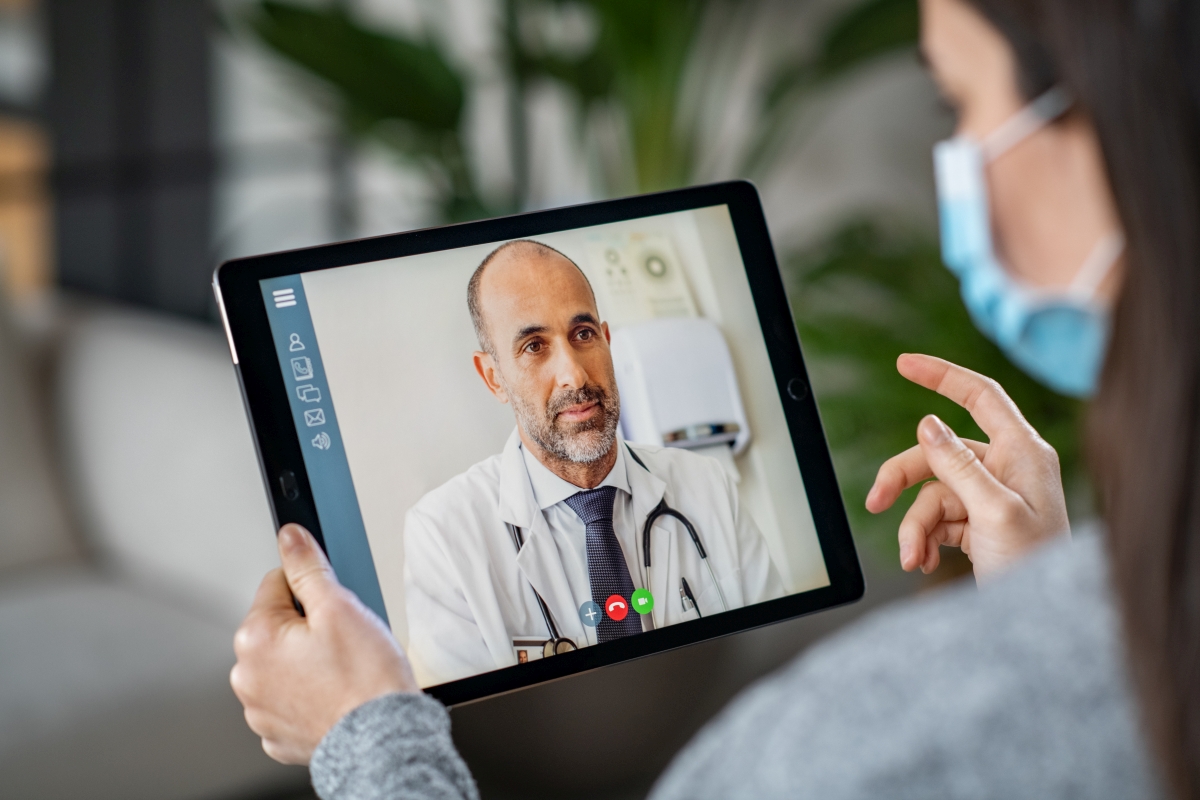Exploring the Benefits and Challenges of Teledoctors in Modern Health Care
As the health care landscape develops, teledoctors have arised as a critical element in bridging gaps in medical access and performance. While they offer the guarantee of reaching remote areas and lowering functional expenses, the trip is not without its hurdles. Privacy problems, the electronic divide, and cybersecurity dangers present substantial difficulties that should be dealt with to harness their full capacity. Exactly how can the health care industry balance these benefits with the inherent difficulties? This dilemma welcomes a deeper exploration into the transformative duty of teledoctors in forming the future of healthcare distribution.
Expanding Access to Care
Telemedicine has arised as a crucial innovation in modern health care, considerably expanding access to take care of varied populations. By leveraging digital technology, teledoctors have actually changed the typical healthcare delivery model, making it feasible for clients in underserved or remote locations to obtain prompt clinical examination. This development is particularly beneficial for individuals living in country communities, where the shortage of healthcare facilities and experts usually leads to delayed or inadequate treatment.
Teledoctors are instrumental in connecting the space developed by geographical barriers. Through virtual appointments, patients can access a wide variety of health care solutions without the requirement for considerable traveling. This is particularly useful for those with flexibility concerns or persistent problems needing regular medical interest. Moreover, telemedicine enhances continuity of treatment by making it possible for normal follow-ups and surveillance, therefore boosting person end results.
The assimilation of teledoctors right into health care systems additionally supports the administration of public health and wellness crises by promoting quick response and triage. During pandemics, for circumstances, virtual consultations decrease the worry on physical medical care centers, decreasing exposure risks for both individuals and healthcare suppliers. As telemedicine remains to evolve, it assures to reshape the landscape of medical care ease of access, making it a lot more effective and inclusive.
Cost-Effectiveness of Teledoctors
The cost-effectiveness of teledoctors is a considerable aspect driving their widespread fostering in health care systems. By lowering the need for physical framework and in-person check outs, teledoctors use a more inexpensive alternative to conventional health care distribution.
Furthermore, teledoctors assist in a much more efficient use of medical care resources by minimizing unnecessary emergency clinic check outs and hospital admissions. People can access timely examinations for minor conditions or follow-up care, which aids to relieve the burden on overstretched healthcare facilities. This efficiency not only results in set you back savings for medical care carriers however likewise minimizes the financial stress on clients that might otherwise face costly healthcare facility expenses.
Moreover, teledoctors can help in managing chronic conditions better by offering consistent surveillance and prompt interventions. This proactive approach can protect against difficulties, consequently decreasing long-term therapy costs. Overall, teledoctors offer a feasible solution to the rising expenses of medical care, while preserving quality treatment delivery.
Enhancing Patient Convenience
While cost-effectiveness plays an essential function in the rise of teledoctors, improving patient comfort stands as another engaging benefit of this health care version. With the combination of teledoctors, people can bypass the generally time-consuming procedure of scheduling and going to in-person consultations. This design removes the need for traveling, lowering time invested en route and waiting areas, thus supplying significant time cost savings for people. Especially for those with mobility problems or staying in remote areas, teledoctors offer an essential link to treatment that could or else be hard to reach.
Additionally, teledoctors use versatile scheduling, allowing patients to organize go to the website appointments at times that ideal fit their individual and specialist dedications. This flexibility is very useful for individuals balancing demanding work timetables or family obligations, ensuring that health care can be incorporated seamlessly into their lives. In addition, the ability to gain access to clinical specialists from the comfort of one's home can result in boosted individual interaction and adherence to treatment plans, as the barriers to seeking treatment are minimized.
The ease provided by teledoctors not only improves the person experience but also adds to a much more responsive and effective healthcare delivery system, ultimately supporting better health outcomes.
Dealing With Privacy Worries
Amid the expanding fostering of teledoctors, personal privacy problems become a substantial consideration. As medical care progressively counts on digital systems, ensuring the discretion of person details comes to be paramount. The digitization of clinical documents and making use of telecommunication innovations necessitate robust security measures to protect delicate information from unauthorized access and violations.
Medical care providers have to comply with rigid guidelines, such as the Health And Wellness Insurance Portability and Liability Act (HIPAA) in the United States, which establishes nationwide requirements for protecting medical details. Compliance with such regulations is critical in keeping individual trust and guaranteeing their information is handled responsibly. Encryption of information, protected interaction channels, and routine audits are a few of the actions that can be executed to enhance information protection.
Cybersecurity hazards are developing, and health care companies have to stay attentive to more information brand-new vulnerabilities. Furthermore, enlightening both people and medical care companies regarding best techniques in data privacy is crucial.
As teledoctors become much more important to medical care distribution, attending to personal privacy problems is essential to guarantee both the effectiveness and dependability of these solutions.

Navigating the Digital Separate
Connecting the digital divide is a vital difficulty in the extensive adoption of teledoctors. The benefits of teledoctors-- such as raised access and ease-- continue to be unreachable for numerous individuals that might most benefit from them.
Additionally, efforts to fund modern technology for low-income families can play a critical role in making certain equitable access. Health care companies and neighborhood organizations need to team up to use electronic literacy programs, equipping patients to navigate telehealth systems with confidence.

Final Thought
The assimilation of teledoctors into modern-day health care supplies significant advantages, including boosted accessibility to care, cost-effectiveness, and improved patient comfort. However, difficulties such as personal privacy concerns, the electronic divide, and cybersecurity risks must be dealt with to take full advantage of these benefits. By executing durable data defense measures, enhancing electronic proficiency, and ensuring protected technical facilities, the possibility of teledoctors can be totally realized, promoting fair medical care distribution and transforming the healthcare experience for all people.

Comments on “Ideal Teledoctors Platforms for Virtual Health And Wellness Consultations”